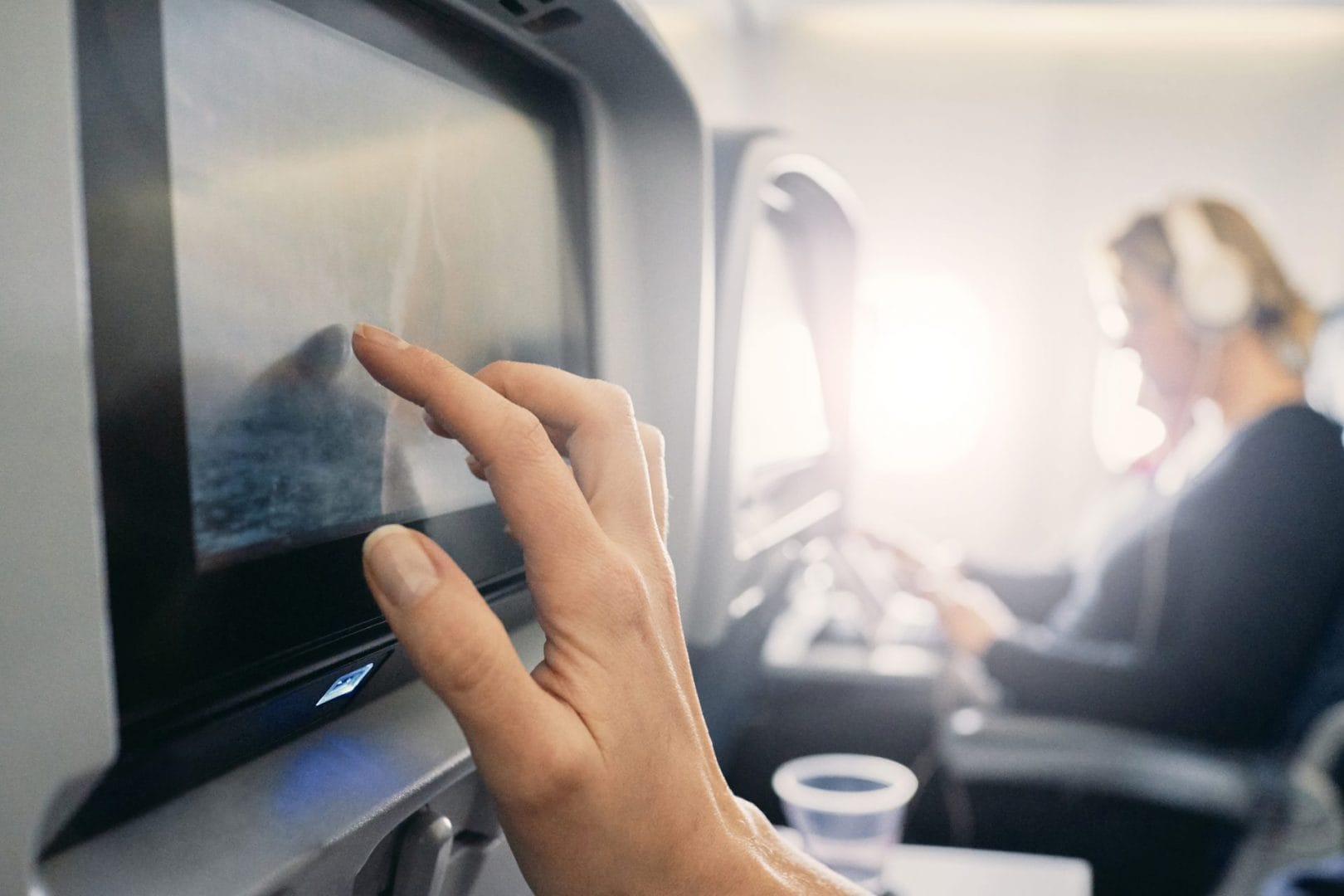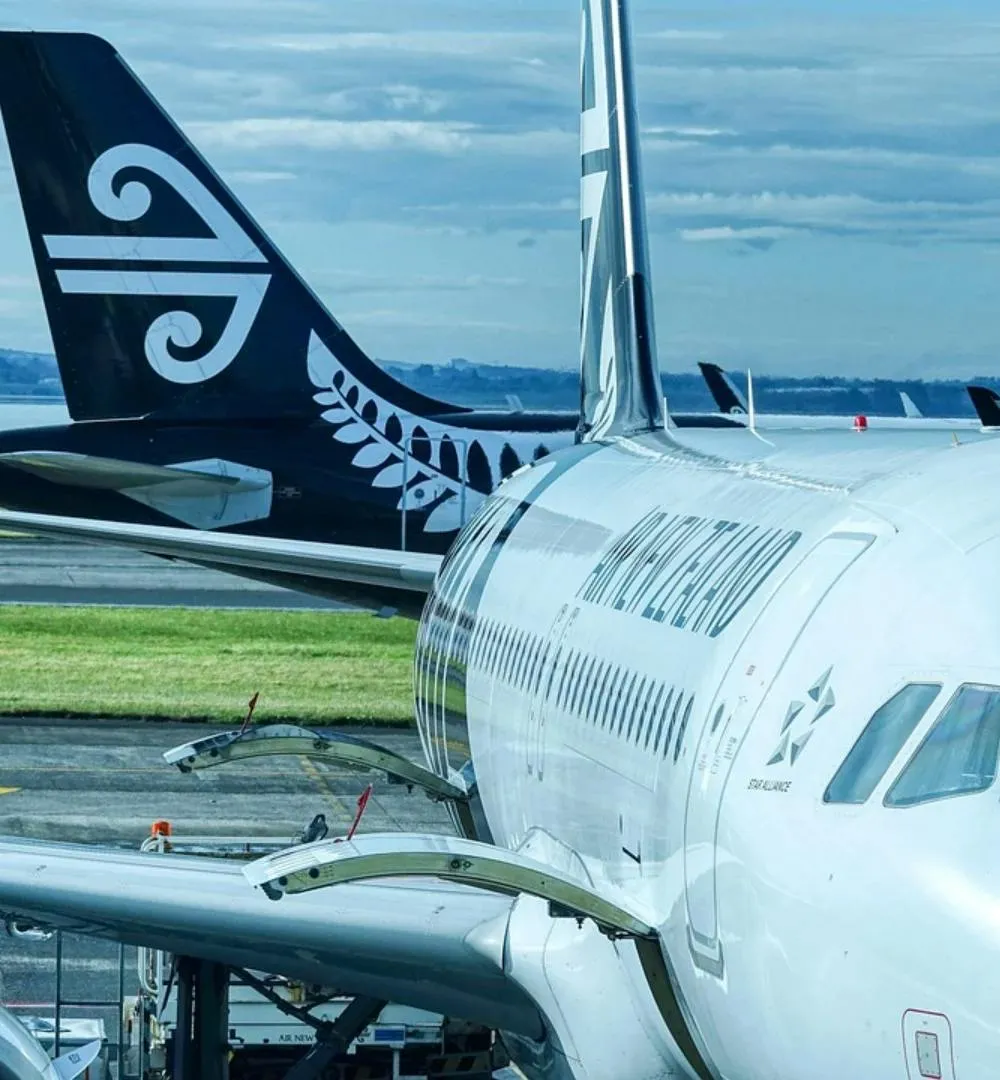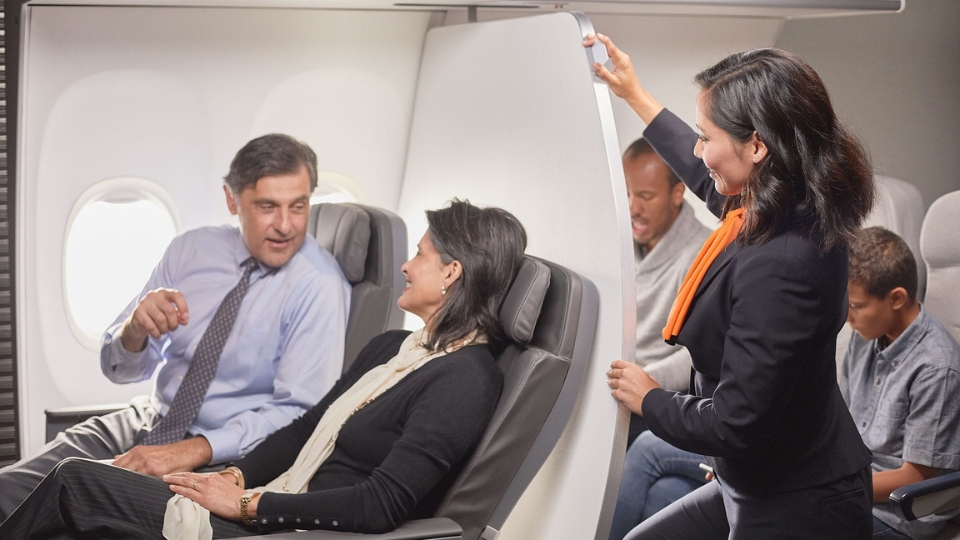Customer feedback plays a vital role in shaping the aviation industry. Airlines rely on passenger feedback to improve services, enhance comfort, and ensure safety. By listening to customers, carriers can address concerns, adapt to changing needs, and maintain a competitive edge. Understanding its importance helps explain why feedback is a cornerstone of modern aviation management.
Identifying Areas for Improvement
Passenger feedback highlights specific areas where airlines can improve. Complaints about seating comfort, check-in processes, or in-flight services provide actionable insights.
By analyzing reviews and surveys, airlines can identify trends and prioritize areas for improvement. This approach ensures resources are used effectively to enhance passenger satisfaction.
Enhancing Passenger Experience
Feedback helps airlines understand what passengers value most. Insights into meal preferences, entertainment options, and cabin comfort guide service enhancements.
Airlines can introduce personalized offerings, optimize cabin layouts, and adjust service schedules based on passenger input. This focus on customer needs improves overall travel experience.
Maintaining Safety and Reliability
Feedback is not limited to comfort—it can also highlight safety or operational concerns. Passengers may report irregularities, delays, or equipment issues that require attention.
Addressing these reports promptly ensures aircraft reliability and compliance with safety standards. It also demonstrates the airline’s commitment to passenger well-being.
Building Customer Loyalty
Listening to customers fosters trust and loyalty. When passengers see their feedback leads to tangible improvements, they are more likely to choose the airline again.
Loyal customers provide repeat business, positive reviews, and word-of-mouth promotion, all of which are crucial in a competitive industry.
Supporting Employee Performance
Customer feedback also informs airline staff performance. Compliments and complaints about cabin crew, ground staff, or customer service agents provide guidance for training and development.
Recognizing exceptional service boosts morale, while constructive criticism helps employees improve. This cycle ensures consistent, high-quality service across all operations.
Driving Innovation and Competitive Advantage
Airlines can use feedback to develop innovative solutions. For example, passenger suggestions have led to improved seating configurations, enhanced in-flight entertainment, and streamlined boarding processes.
Incorporating feedback into strategic planning gives airlines a competitive advantage, allowing them to meet evolving expectations better than competitors.

The Importance of Customer Feedback in Aviation
Collecting and Managing Feedback
Airlines use multiple channels to gather feedback, including surveys, social media, email, and mobile apps. Data analytics helps process this information, identify patterns, and implement actionable changes.
Proactive engagement, such as follow-ups and acknowledgment, ensures passengers feel heard and valued.
Conclusion
Customer feedback is essential for the aviation industry. It helps airlines identify improvement areas, enhance passenger experience, maintain safety, foster loyalty, improve staff performance, and drive innovation. By actively listening to passengers, airlines can remain competitive, responsive, and passenger-focused, creating a safer, more enjoyable, and more efficient air travel experience.















